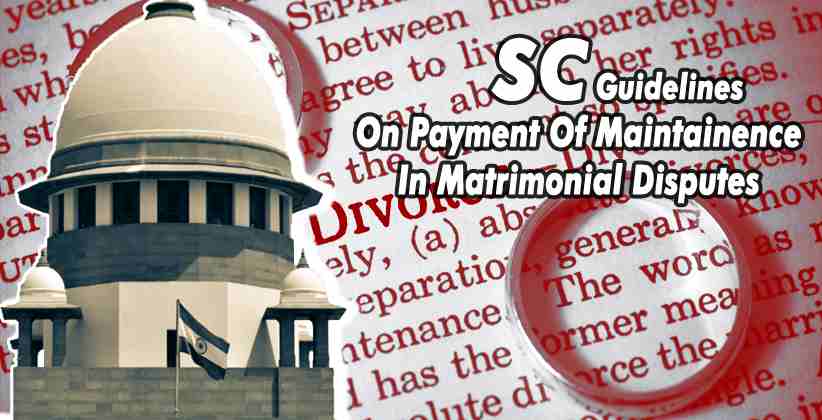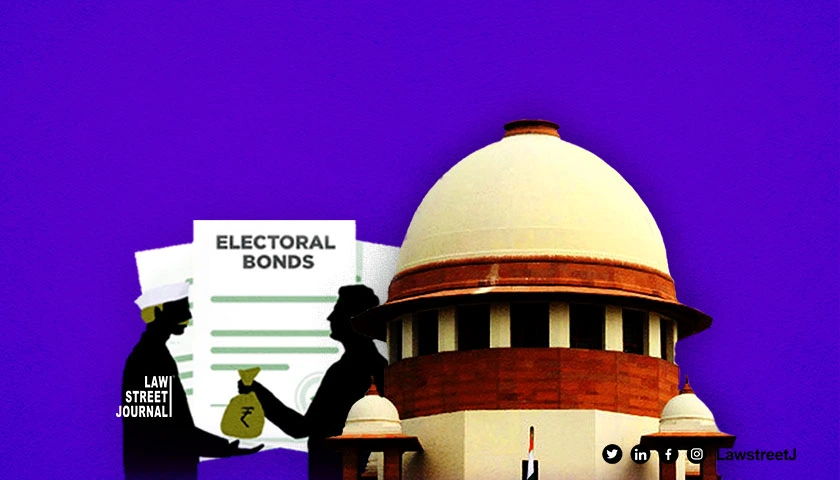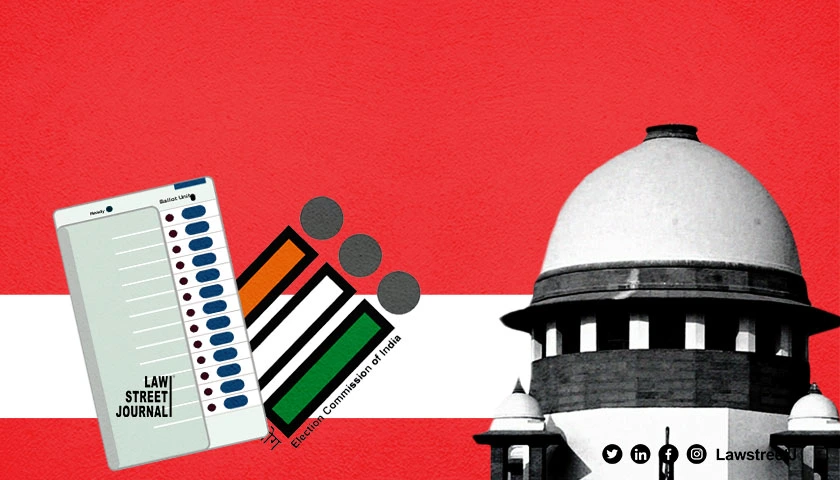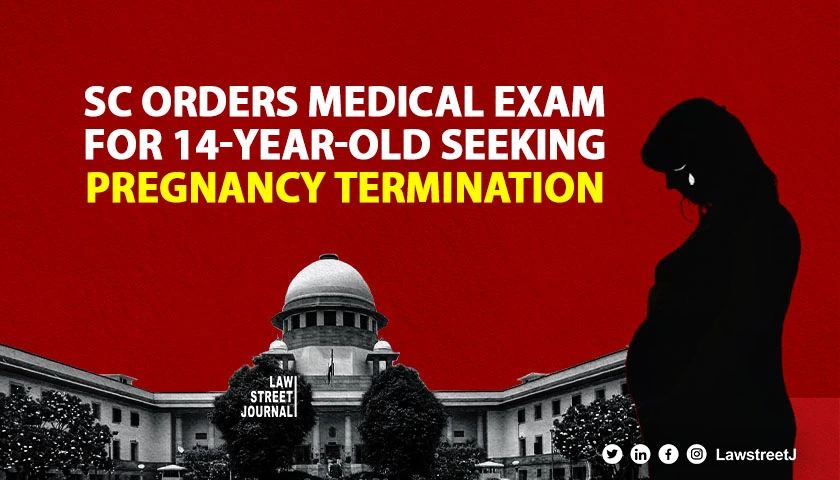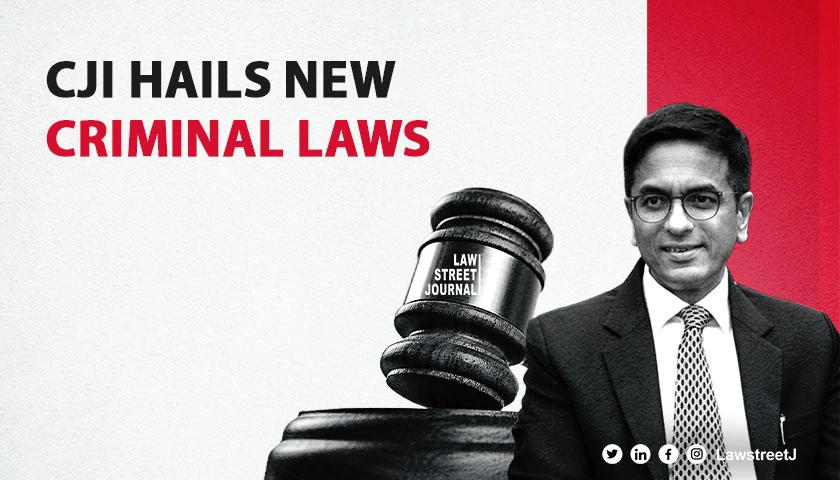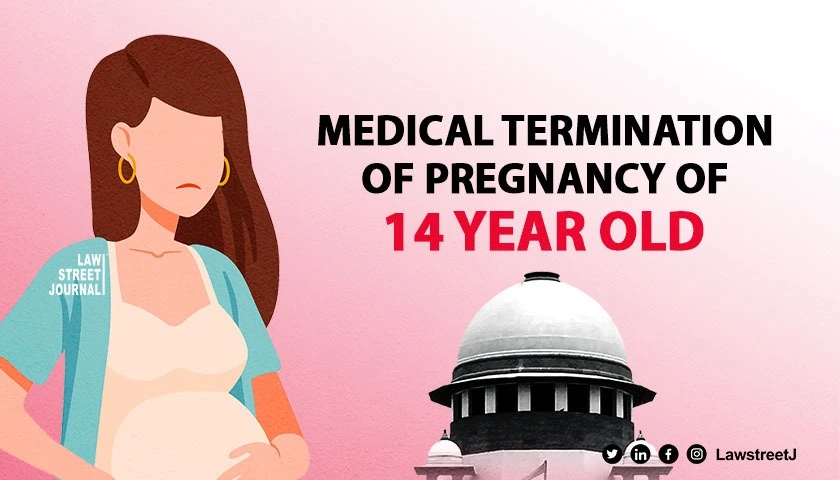Introduction:
On November 4, 2020, The Apex Court of India laid down guidelines for payment of maintenance in matrimonial dispute. The Apex Court pronounced these guidelines in a notable judgment in a matrimonial case from Maharashtra in which the question of maintenance of a wife and son under Section 125 of the Code of Criminal Procedure (CrPC), 1973 had come before it. The bench comprising of Justice Indu Malhotra and Justice Subhash Reddy held that “Maintenance in all cases will be awarded from the date of filing the application for maintenance.”
Background:
The present case arises out of an application for Interim Maintenance filed in Apex Court under section 125 Cr.P.C., 1973 by the respondent Neha (wife) and minor son. The wife left the matrimonial home in January 2013, shortly after the birth of the son. On 02.09.2013, the wife filed an application for interim maintenance u/s. 125 Cr.P.C., 1973 on behalf of herself and the minor son. The Family Court in a detailed Order dated 24.08.2015 awarded interim maintenance of Rs.15,000 per month to the wife from 01.09.2013 and Rs.5,000 per month as interim maintenance for the son from 01.09.2013 to 31.08.2015 and Rs.10,000 per month from 01.09.2015 onwards till further orders were passed in the main petition. The Appellant Rajnesh (husband) challenged the Order of the Family Court before the Bombay High Court, Nagpur Bench. The High Court dismissed the petition on 14.08.2018, and affirmed the Judgment passed by the Family Court.
The Order at Glance:
The author of judgment Hon’ble Justice Indu Malhotra beautifully outlines the guidelines regarding the quantum of maintenance in matrimonial dispute. The Hon’ble Jusitce Indu Malhotra has said that “Maintenance laws have been enacted as a measure of social justice to provide recourse to dependant wives and children for their financial support, so as to prevent them from falling into destitution and vagrancy.” The detailed order of 66 pages encloses guidelines regarding following issues:-
Issue of Overlapping Jurisdiction
The Court is of the opinion that it is the need of the hour to issue directions to overcome the issue of overlapping jurisdiction and to avoid conflicting orders being passed in different proceedings. Such directions are essential so that there is consistency in the practices followed by all the Courts throughout the Nation. The following directions were issued by the Court towards that end:
“Where successive claims for maintenance are made under different statutes, the court would consider adjustment or set-off of the amount awarded in a previous proceeding while determining whether any further amount is to be awarded in the subsequent proceedings.
It is mandatory for the applicant to disclose during the subsequent proceedings, details of the previous proceeding and the orders passed in such previous proceedings.
If the order passed in the previous proceedings requires any modification or variation, the party would be required to move the concerned court in the same proceeding.”
Payment of Interim Maintenance
The Court observes that in present scenario the issue of interim maintenance is decided on the basis of pleadings, where some amount of guess-work or rough estimation takes place. It is often seen that both parties do not disclose the correct details, and suppress vital information, which makes it difficult for the Family Courts to make an objective assessment for grant of interim maintenance. So, it is essential to lay down a procedure to streamline the proceedings. So the Apex Court rules out that:-
“An affidavit of disclosure of assets and liabilities annexed to the judgment should be filed by both parties in all maintenance proceedings, including pending proceedings before the concerned family courts, district courts or magistrate courts throughout the country.”
Criteria to determine the quantum of Maintenance
In determining the criteria for quantum of Maintenance the Apex Court is of the Opinion that, the objective of granting interim / permanent alimony is to ensure that the dependant spouse is not reduced to destitution or vagrancy on account of the failure of the marriage, and not as a punishment to the other spouse. There is no straitjacket formula for fixing the quantum of maintenance to be awarded. The court, however, laid down the following factors to be taken into account while fixing the quantum of maintenance.
(a) Age and employment of parties: The Court ruled that in a marriage of long duration, where parties have endured the relationship for several years, this would be a relevant factor to be taken into consideration. On termination of the relationship, if the wife is educated and professionally qualified, but had to give up her employment opportunities to look after the needs of the family being the primary caregiver to the minor children, and the elder members of the family, this factor would be required to be given due importance. With advancement of age, it would be difficult for a dependant wife to get an easy entry into the work-force after a break of several years.
(b) Right to residence: It was observed that Sec. 17 of the Domestic Violence Act, 2005 grants an aggrieved woman the right to live in the “shared household”. The right of a woman to reside in a “shared household” defined under Section 2(s) of the DV Act, 2005 entitles the aggrieved woman for right of residence in the shared household, irrespective of her having any legal interest in the same, the court ruled."There is no requirement of law that the husband should be a member of the joint family, or that the household must belong to the joint family, in which he or the aggrieved woman has any right, title or interest. The shared household may not necessarily be owned or tenanted by the husband singly or jointly. Section 19 (1)(f) of the D.V. Act, 2005 provides that the Magistrate may pass a residence order inter alia directing the respondent to secure the same level of alternate accommodation for the aggrieved woman as enjoyed by her in the shared household,"
(c) Where wife is earning some income: The bench said that courts have consistently held that if the wife is earning, it cannot operate as a bar from being awarded maintenance by the husband. In this context bench relied on the judgment “In Shailja & Anr. v Khobbanna [2], this Court held that merely because the wife is capable of earning, it would not be a sufficient ground to reduce the maintenance awarded by the Family Court. The Court has to determine whether the income of the wife is sufficient to enable her to maintain herself, in accordance with the lifestyle of her husband in the matrimonial home,"
(d) Maintenance of minor children: The living expenses of the child, it was ruled, would include expenses for food, clothing, residence, medical expenses and education of children. Extra coaching classes or any other vocational training courses to complement the basic education must be also factored in, while awarding child support. It was held that, "Albeit, it should be a reasonable amount to be awarded for extra-curricular / coaching classes, and not an overly extravagant amount which may be claimed. Education expenses of the children must be normally borne by the father. If the wife is working and earning sufficiently, the expenses may be shared proportionately between the parties,"
(e) Serious disability or ill health: The Court further held that serious disability or ill health of a spouse, child / children from the marriage / dependant relative who require constant care and recurrent expenditure, would also be a relevant consideration while quantifying maintenance.
Date from which Maintenance to be awarded
The bench after considering various judgments of various High Courts reveals that the divergent views of different High Courts on the date from which maintenance must be awarded. The Court observed that, it has therefore become necessary to issue directions to bring about uniformity and consistency in the orders passed by all Courts. So, the Court ruled out:
“The right to claim maintenance must date back to the date of filing the application, since the period during which the maintenance proceedings remained pending is not within the control of the applicant,”
Enforcement of order of Maintenance
The Court observes that enforcement of the order of maintenance is the most challenging issue, which is encountered by the applicants. If maintenance is not paid in a timely manner, it defeats the very object of the social welfare legislation. So, the bench ruled out that,
“For enforcement / execution of orders of maintenance, it is directed that an order or decree of maintenance may be enforced under Section 28A of the Hindu Marriage Act, 1956; Section 20(6) of the D.V. Act; and Section 128 of Cr.P.C., 1973, as may be applicable. The order of maintenance may be enforced as a money decree of a civil court as per the provisions of the C.P.C., 1908,”
Conclusion
Without proper execution, any law becomes just a piece of paper. The Apex Court has taken a step ahead towards the welfare of deserted wives and their children by issuing these guidelines. This is first time that the Apex Court has Considered the sacrifices made by the career women in taking care of children and ruled that this would be an added component for enhancing the grant of interim compensation to her, so that she could lead a life almost akin to what she was used to when all was well in the matrimonial home. These guidelines issued by Apex Courts will not only helpful in bringing uniformity and consistency among all the Courts proceedings throughout the Nation, It will also helpful in resolving maximum issues which are related to Maintenance in case of matrimonial disputes. It can be said that in this pandemic time Indian Judicial system still working with full dedication for the enhancement of our Nation.
[1] Rajnesh v. Neha & Anr.
[2] (2018) 12 SCC 199
